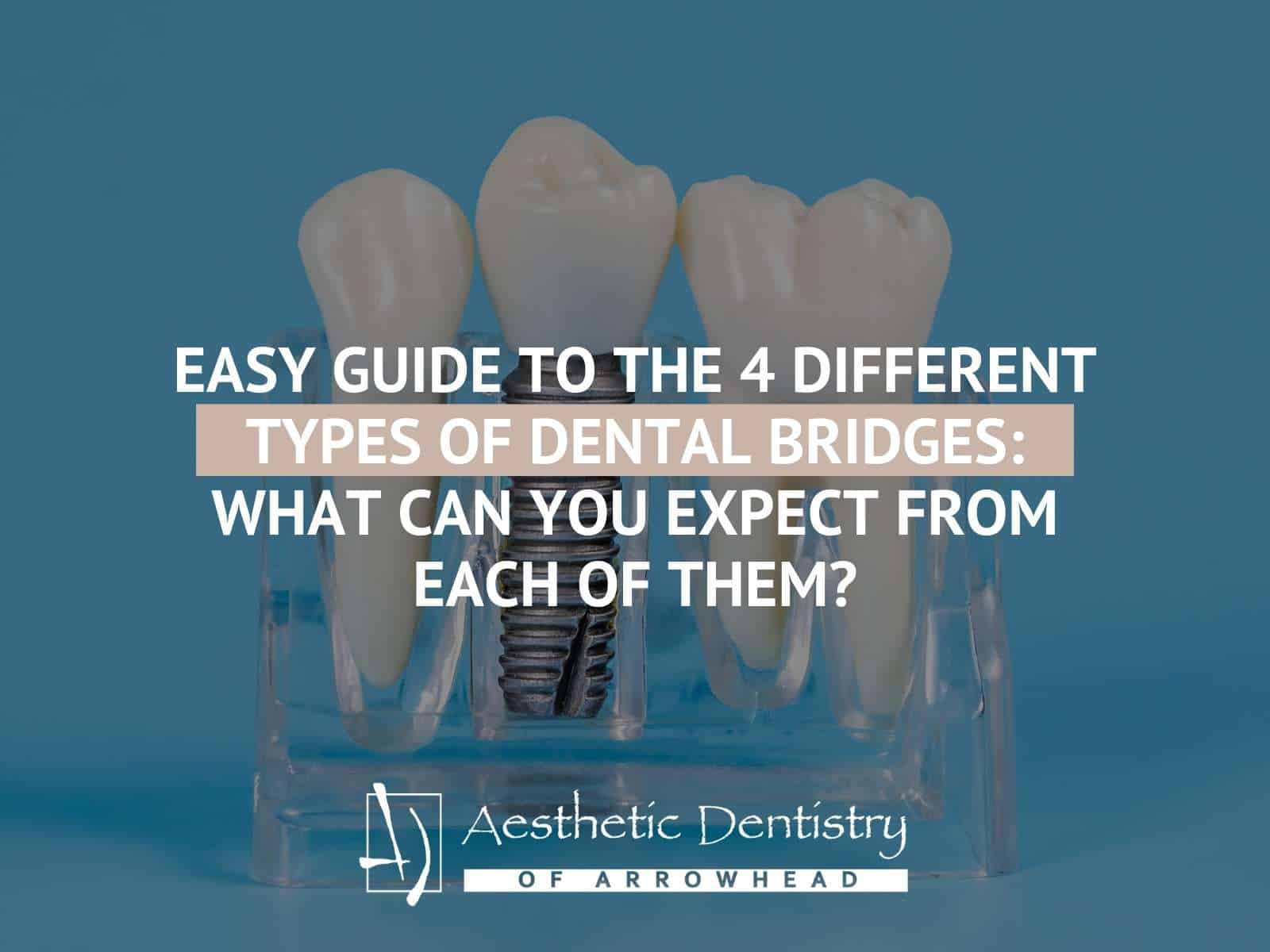7 Signs you Suffer from Sensitive Teeth in Glendale!

7 Signs you Suffer from Sensitive Teeth in Glendale!
Many Glendale dental patients complain to their dentist about tooth sensitivity. If you suffer from it, you know about that blinding pain that can be brought by something as innocent as on by an icy drink. Although tooth sensitivity to cold seems to be the most common, many people also report tooth sensitivity brought on by hot, sweet or sour foods. Patients can experience tooth sensitivity in only one tooth, several teeth or all of their teeth. There are various causes of tooth sensitivity, so an appointment with your Glendale dentist to perform a complete dental exam is the best place to begin. Some problems your dentist may find during your dental exam include:
1. One or More Damaged Teeth
A cracked or chipped tooth can bring on more severe pain than simple tooth sensitivity. These problems can allow bacteria to build up and make their way into the pulp causing acute pain and inflammation. In the course of your dental exam, if a tooth is found to be chipped or cracked, your Glendale dentist will evaluate the problem and determine the best course of treatment. He may recommend bonding, a porcelain veneer or a dental crown.
You may also have tooth decay. You may have an undiagnosed cavity or a fractured filling allowing bacteria to reach the dentin. A dental exam can reveal any such problems so that your dentist can clean out any decay and replace any fractured fillings.
2. Receding Gums
Receding gums tend to become a more common problem as we age. Unfortunately, it can also affect younger people. The more faithful you are with your dental exams and oral hygiene the less likely you are to be affected by gum disease. When gums become inflamed due to gum disease they may pull back, exposing the dentin or the tooth root. These layers of dentin and tooth root contain thousands of microscopic tubules that lead to the nerve center of the tooth, thereby allowing the triggers, such as hot and cold substances, to reach the nerves.
If your dentist finds that Glendale gum disease is the problem,, there are several procedures he may suggest in order to bring relief. Fluoride has been found to help tooth sensitivity caused by numerous issues. Your dentist can apply a fluoride varnish to any exposed root surface. In addition, your dentist may recommend white fillings or dentin sealers to cover the exposed root surface.
3. Overly Enthusiastic Tooth Brushing
While brushing and flossing are an important part of oral care, brushing your teeth too hard or using a hard bristled toothbrush can remove gum tissue and contribute to gum recession. In addition, as time goes by you may wear away some of the protective layers of your teeth, exposing those tubules that lead to your dental nerves.
It’s important to use a soft bristled toothbrush and maintain proper tooth brushing techniques. Your Glendale dentist will be happy to demonstrate the correct brushing techniques for you.
4. Clenching or Grinding your Teeth
Clenching and grinding can cause sensitivity for the same reason that overly enthusiastic brushing does, it wears down the tooth enamel, exposing those microscopic tubules leading to the nerves.
Your Glendale dentist can formulate a custom made night guard to fit your bite. This appliance helps to protect your teeth when you sleep.
5. Tooth Whitening
It is a widely known fact that tooth whitening products often cause tooth sensitivity. You may have to choose between using these products and acquiring sensitive teeth. Ditto for tooth whitening toothpaste. Even some toothpaste formulas that don’t mention tooth whitening still contain tooth whitening products. If you have recently changed toothpaste brands, that may be the cause of your tooth sensitivity. Try switching back and see if it alleviates the problem. For best results consult your dentist about his teeth whitening services.
6. Acids
Frequently indulging in acidic foods or drinks can also wear down tooth enamel. Foods and drinks that contain a high acid content include; citrus fruits and juices, soda pop, tomatoes and pickled foods.
Certain mouthwashes contain acids, whitening chemicals, and alcohol. If used frequently these can contribute to tooth sensitivity, particularly if any dentin is exposed. Ask your dentist to recommend a neutral fluoride rinse.
7. Recent Dental Work
It’s not unusual to experience tooth sensitivity following dental work, especially following a new filling, a root canal, or receiving a dental crown. This sensitivity should be only temporary, if it doesn’t improve within six weeks see your dentist.
If you’re experiencing tooth sensitivity, try using a toothpaste formulated especially for sensitive teeth. It won’t work immediately, but it may help if used regularly, and remember to use a soft bristled toothbrush. In addition, remember to floss and brush regularly, but gently. A fluoride rinse may also help to lessen tooth sensitivity.
There is help available for sensitive teeth, and your dentist can help you find it. Aesthetic Dentistry of Arrowhead recommends that you see your dentist for a dental exam and teeth cleaning every 3 to 6 months. This will help to maintain a healthy mouth and identify problems such as cavities and gum inflammation early, when they are easier to remedy. If Dr. Ceyhan notices signs of teeth clenching or grinding, he may recommend a mouth guard to protect your tooth enamel while you sleep. Call to schedule a dental exam to determine the cause of your sensitive teeth.
Glendale, Arizona 85308
Phone: (623) 979-1515
Fax: (623) 878-1811
Office Hours:
Website: https://www.drgregceyhan.com
85308









